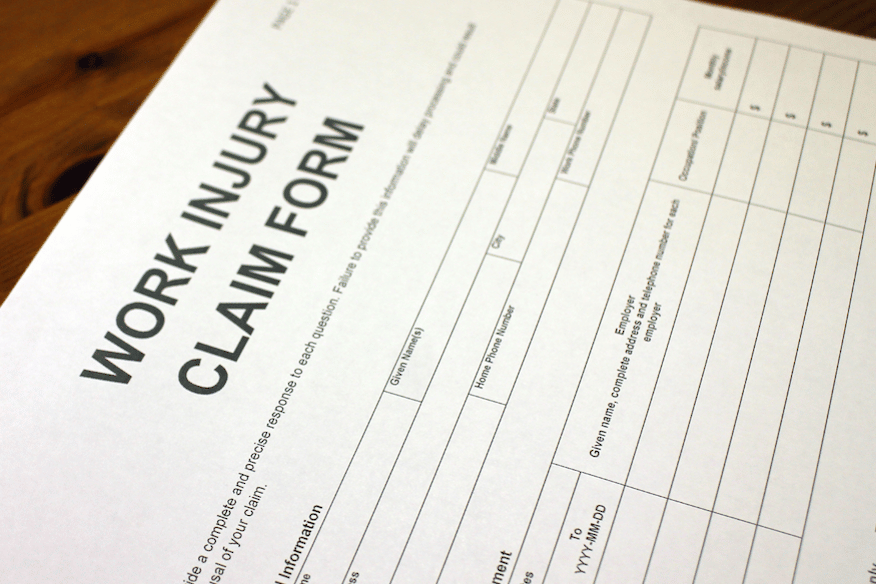When you suffer an on-the-job illness or injury, it’s important to file a claim with the Ohio Bureau of Workers’ Compensation (BWC). If your claim is approved, you may be entitled to compensation including medical bills, temporary or permanent disability benefits and more.
What happens if the BWC denies your claim? Here’s an overview of the workers’ compensation claims and appeals process.
Filing a workers’ compensation claim
Ohio has a “no fault” workers’ compensation claims system. With few exceptions, it doesn’t matter how the accident occurred or who was at fault. However, benefits are not automatically granted. You must visit a BWC-approved medical provider and file a claim before you can receive compensation.
Why workers’ claims are denied
Despite the no fault system, your claim may be denied. Here are some of the most common reasons your claim could be denied:
- Deadlines: Workers’ compensation claims are subject to strict deadlines. If you miss the deadline to report your injury or file a claim or an appeal, you may lose out on collecting benefits.
- Employer dispute: If your employer disputes the claim, the BWC may side with them. The workers’ compensation attorneys at Dworken & Bernstein can help you understand why your claim was denied, and your options for appeal.
- Failure to seek medical treatment: You must have medical records demonstrating the nature and severity of your injury or occupational illness. If you don’t seek medical treatment, the BWC will not approve your claim.
- Failure to visit an approved provider: Unless you’re seeking emergency medical treatment, you must visit a BWC-approved provider. Seeing unapproved providers is grounds for denial of benefits.
- Inaccuracies: If there are inaccuracies on your claim forms or discrepancies between what you, your medical provider and/or your employer provide, your claim may be denied.
- Injury or illness did not happen on the job: Finally, if the BWC finds that your injury or illness did not happen on the job, your claim may be denied.
The workers’ compensation appeals process
If your claim is denied, you have 14 days after the receipt of the order denying your claim to file an appeal.
You or an authorized representative, such as your Dworken & Bernstein attorney, must file an appeal in writing. The appeal must include the names of the injured worker and their employer, the claim number, the date of the order being appealed and the reason why the order was appealed. If the appeal is not properly filed, you may be barred from pursuing your claim and receiving benefits.
All appeals and disputes will be referred to the Industrial Commission of Ohio (IC), and an administrative hearing will be scheduled. You may represent yourself or have your attorney handle the hearing. If your claim is approved, your benefits may be granted. If the denial is upheld, there is an appeals process through the IC. If you exhaust all of your appeals and are denied, you may be able to file an appeal in state court.
Having a skilled workers’ compensation attorney on your side is key to winning workers’ compensation appeals. Call Dworken & Bernstein today to learn more about your legal options.







